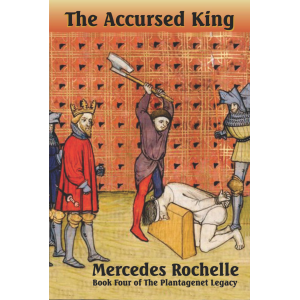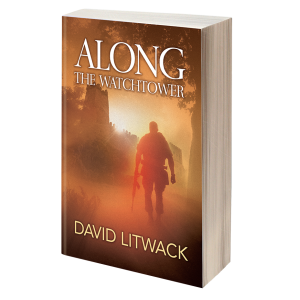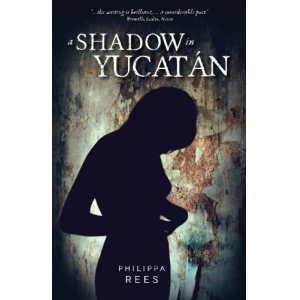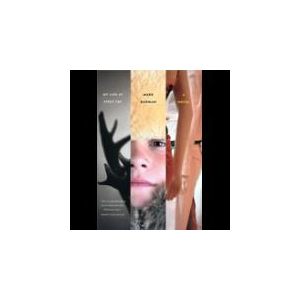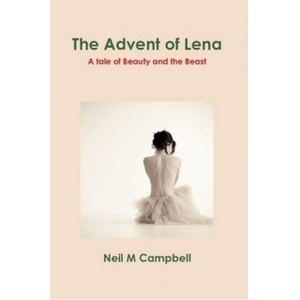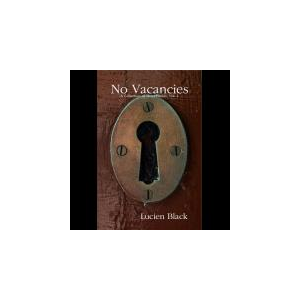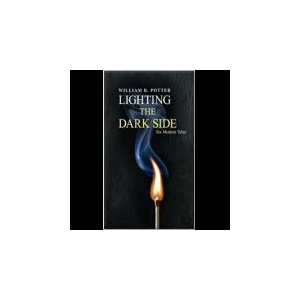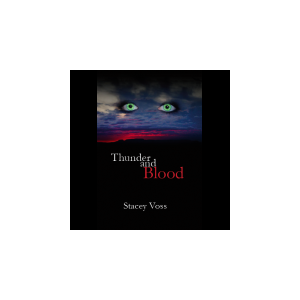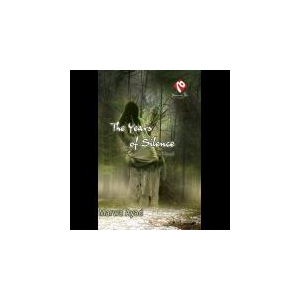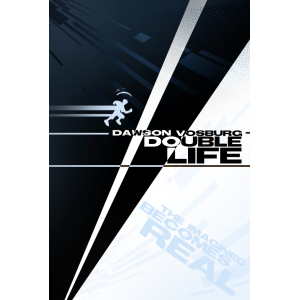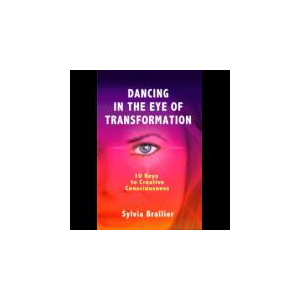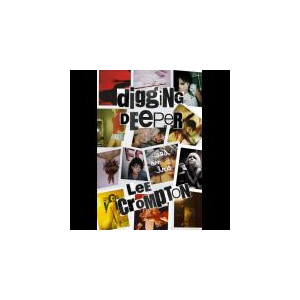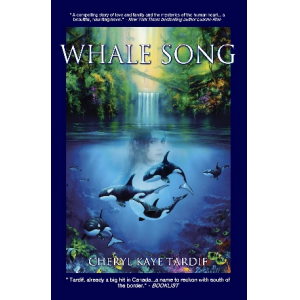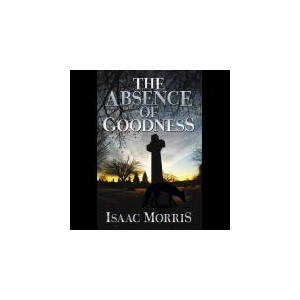Monday Afternoon
Monday Afternoon is the story of Angelo Aiello, dissatisfied husband of Alice, loving father of Sophia, troubled Italian Roman Catholic and committed New Yorker who, after fifteen years of a grindingly deteriorating marriage, accidentally meets his exact match in the Stamford Nature Center in Connecticut (the state which appropriately describes itself as being 'full of surprises').
The woman he meets, Monica Richardson, is in her thirties, beautiful, smart, playful, vulnerable and, above all, a fellow English teacher with a relish for all things literary and deconstructionist.
Whereas Alice, Angelo's wife, despises his writing, Monica adores it; whereas Alice spurns Angelo's intellectualising of his dreams, Monica pitches in alongside him even before her first cup of coffee (but not before their first love-making).
But what about Angelo's daughter, Sophia? What about Angelo's parents? What about Angelo's mother-in-law to whom he has made a devout promise? What about Alice who has already had a nervous breakdown when her sister died of AIDS?
This is therefore the story of a love affair, of an adultery, of a sudden opportunity for both salvation and damnation, of a man torn between a future ideal and a historic reality.
And the writing is so intense, it is a coup de foudre for us all.
The Story Behind This Book
Asked to write some information about how I came to write my novel, I must be very frank about three things. Two years ago, my friend and the Editor of Wild Leaf Press, Bill Hunter, gave me some advice about writing a novel. Bill said that what sells today in America is sex, death, and violence. Monday Afternoon has plenty of the first two ingredients without being pornographic and morbid. I am the eternal English teacher who can’t resist a literary allusion or two and the flourishing sentence. Secondly, the adultery of the main character is the author’s wish fulfillment. Since for a numbers of reasons I have not sinned in the flesh, I decided to sin in this book. In my younger days I spent a lot of time at the Stamford Nature Center in Connecticut; hence, this is where Angelo meets Monica. It’s a lot more convenient to cheat on one’s wife in fiction rather than in the flesh. I’d recommend it to all husbands when the thrill with marriage deliquesces. It is the difference between the menu and the meal; the menu is safer, akin to Shakespeare’s exploration of murder in his plays, such as Othello and Hamlet, in lieu of actual murder. A lot less messy I should think.

